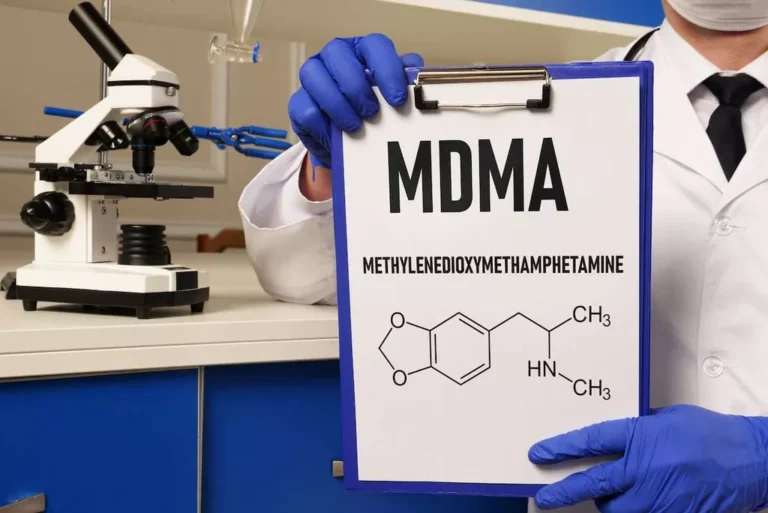
That being said, let’s take a look at some of the most common reasons why people get addicted to alcohol. Instead, research indicates that it is more related to what else is, or isn’t, going on in a person’s life that makes the sensation a substance induces so attractive. Childhood trauma can fuel problematic drinking in adulthood, because the person might use alcohol to cope with feelings of anger, depression, anxiety, loneliness, or grief. Compared to people without a drinking problem, men and women who sought treatment for alcohol addiction had a higher prevalence of childhood trauma, research finds.
Behavioral Treatments
This alteration in neurotransmitter activity can exacerbate cravings and dependency, making it difficult for individuals to stop drinking despite negative consequences. As a person drinks more, the body learns to compensate by adjusting. As dependence develops, it becomes difficult for the person to stop drinking.
Alcohol Dependence
- There are many risk factors for addiction, from individual factors such as stress tolerance and personality makeup to social factors such as friendships and educational and job opportunities.
- You may start to feel sick from heavy drinking, but enjoy its effects too much to care.
- Young people often start drinking because their friends are doing so.
- Recognizing, accepting, and changing our response to shame helps us to live more joyfully.
- Stress, untreated mental health conditions, trauma, or a toxic environment are all things that might trigger a relapse.
When you drink too much, your liver has a harder time filtering the alcohol and other toxins from your bloodstream. The pathway to healing and recovery is often a process that occurs over many years. Addiction not only involves the individual suffering, but their partner, their family, and their friends as well.
- As people develop alcohol dependence, they normally experience urges or cravings for alcohol.
- These genetic factors may influence how a person responds to alcohol, how much pleasure they derive from drinking, or how high their tolerance might be.
- A moderate drinker might pair a glass of wine with a meal, while a regular drinker uses alcohol to feel good in general.
- His focus is on helping people who suffer from multiple issues, such as schizophrenia, mood disorders, substance abuse, PTSD, anxiety, depression, OCD, and ADHD.
- They can discuss co-occurring mental illnesses such as anxiety and depression.
Risk factors

Individuals with these traits may be more prone to using alcohol as a means of coping with negative emotions or seeking excitement and pleasure. However, it’s essential to recognize that personality traits alone do not determine alcoholism, as multiple factors contribute to its development. Research from the National Institute on Alcohol Abuse and Alcoholism (NIAAA) why do people become alcoholics suggests genetic factors for alcohol use disorder contribute to 50% of individuals developing AUD. Individuals with a family history of alcoholism are more likely to develop AUD themselves compared to those without such a history. However, genetics alone do not determine alcoholism; environmental factors and lifestyle choices also play a crucial role.
One use of a substance can produce a pleasurable effect that motivates interest in repeating the experience. But the experience of pleasure is relative; it hinges in part on biology and very much on what else there is going on in a persons life that is meaningful or rewarding. Neuroscience research supports the idea that addiction is a habit that becomes deeply entrenched https://ecosoberhouse.com/ and self-perpetuating, rewiring the circuitry of the brain as it is repeated. The repetition of a highly pleasurable experience—drugs, gambling—alters neurons; they adjust their wiring to become increasingly efficient at the experience. As drug use stops, engaging in other rewarding activities rewires the brain to find interest and pleasure in non-drug pursuits.
Why Should We Be Concerned About AUD and Alcohol Addiction?

At this point, drinking is no longer just a casual social activity — it’s become a daily habit that may be used to cope with stress, anxiety or other emotional problems. Prolonged stress during childhood dysregulates the normal stress response and, through overproduction of cortisol, is especially harmful to the brain’s hippocampus, impairing memory and learning. Severe or sustained early life adversity shifts the course of brain development and can lastingly impair emotion regulation and cognitive development. What is more, it can sensitize the stress response system so that it overresponds to minimal levels of threat, making people feel easily overwhelmed by life’s normal difficulties. Research shows a strong link between ACEs and opioid drug abuse as well as alcoholism.
It’s not unusual for young people to want to drink before the legal age of 21. Peer pressure, wanting to fit in socially, and a desire to feel more mature than one’s actual age are common motivating factors for a young person to try alcohol. Most teens and underage young adults who abuse alcohol engage in binge drinking.
If your loved one needs help
